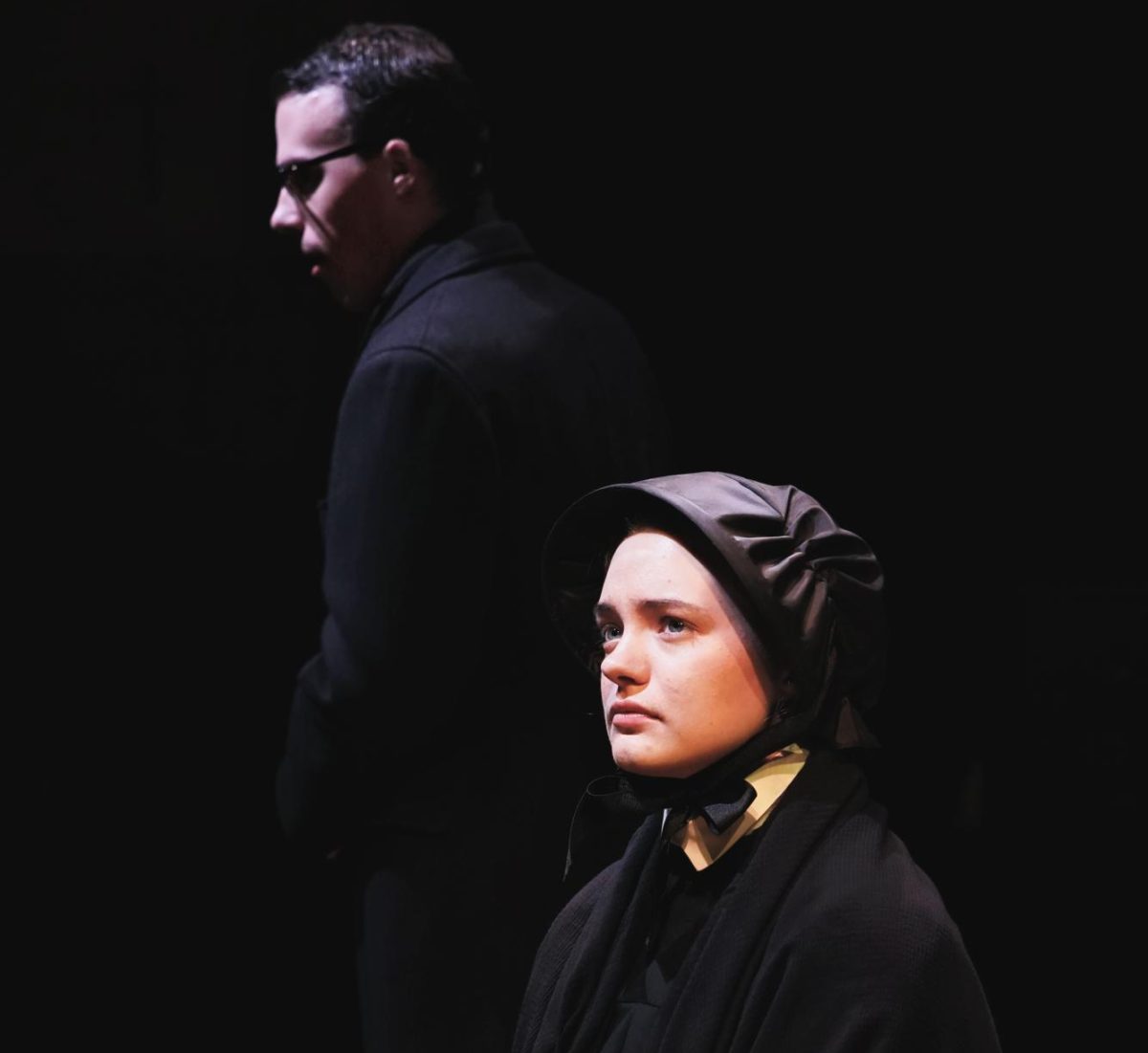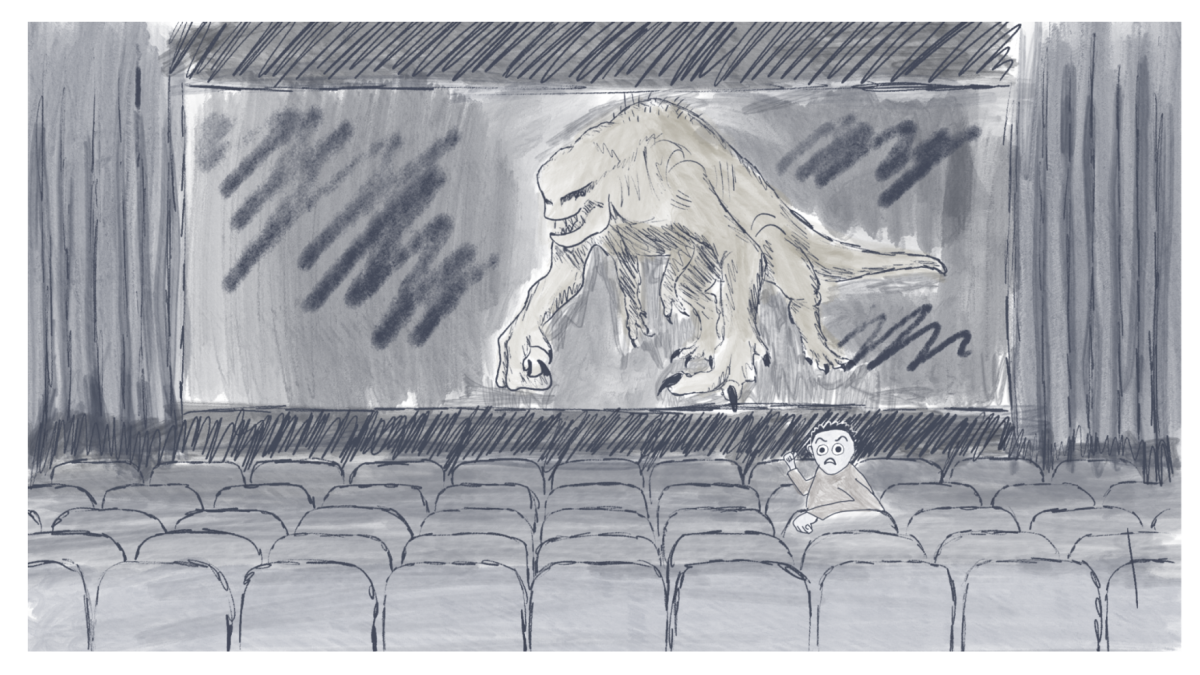A.E. Stallings spoke before a full audience on Monday, Nov. 2 at 7:00 p.m. in Viking Theater. The event was open to the public, and students, faculty and poetry enthusiasts alike crowded inside the venue to hear Stallings’ poetry come to life.
After studying classics in Athens, Ga., Stallings moved to Athens, Greece in 1999. She has published three collections of poetry. She received the Richard Wilbur Award for her first collection, “Archaic Smile,” which was published in 1999.
Stalling’s work has also earned her several fellowships, including one from the MacArthur Foundation in 2011. In addition to her poetry, Stallings has distinguished herself through her translation work, specifically through her translation of Lucretius in rhyming Fourteeners, titled The Nature of Things.
Stallings began by reading several impressive poems, including: “The Mother’s Loathing of Balloons,” “Handbook of the Foley Artist,” “Sestina: Like” and “First Love: A Quiz.” With each poem, she completely embodied the language through her posture, facial expressions and cadence of speech.
Often, when a piece concluded, the thoroughly enraptured audience did not realize the poem had come to an end – Stallings let her words diffuse throughout the silent room for a moment before punctuating her piece with a sip of water.
She finished the reading portion of the event with “Lost and Found,” a mini-epic that detailed a mother’s constant search for missing items in her house. After that, she talked about her translation work. She explained that she got into translation through a university assignment. Stallings had the option to compose a hendecasyllabic poem in Latin or write a translation of a classic text. The audience chortled along with her as she justified the decision she made:
“Poets are lazy, otherwise we’d be novelists,” Stallings said. “So I translated the poem and never stopped.”
A question and answer portion concluded the event. Although a few audience members asked questions, most asked Stallings to read more poetry, and she graciously agreed to read a few requests. A few highlights included “After a Greek Proverb” and “Triolet on a Line Apocryphally Attributed to Martin Luther.”
Stallings dedicated two days to working with St. Olaf students. She performed poetry, visited classes, hosted questions and chatted with students about her poetry, translations and knowledge of mythology. On Tuesday, Nov. 3, students studying English and classics gathered in the Norway room for cider, cookies and conversation with Stallings.
As a formalist poet, Stallings writes about modern ideas in traditional forms. Sonnet, ghazal, villanelle and sestina are just a few of the traditional forms in which her poetry takes shape.
“All poetry is experimental,” she said. “There is a lot more similarity between formalist and avant-garde poetry than we often think. Both have arbitrary formal restraints,” she said. “I am interested in the technique – how it opens up creativity.”
She went on to explain that although critics of formalism argue that certain structural patterns limit formalist poets, emphasis on certain themes and topics limit avant-garde poets today. Great poetry emerges when artists create new material within these confines of form and content.
Stallings explained that her best advice for young poets is to write as much as possible and to write about topics and ideas they like. She also recommended that poets read the work of other writers.
“Read a lot of poetry,” she said. “Memorize it so that it becomes part of your brain. Then you can embody it.”
Stallings has certainly mastered the embodiment of poetry, and her visit inspired St. Olaf students to fully dedicate themselves to whatever activity or subject area in which they are interested.





